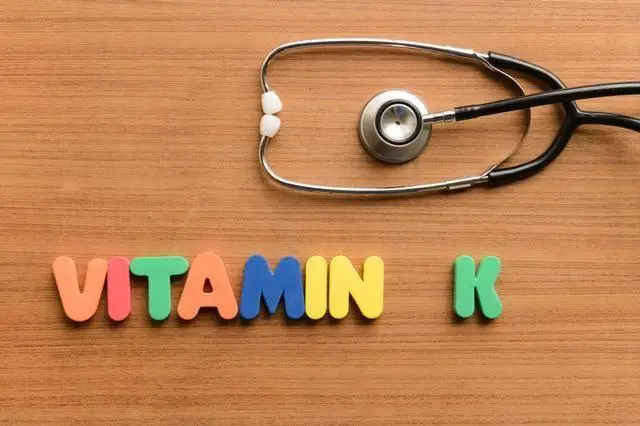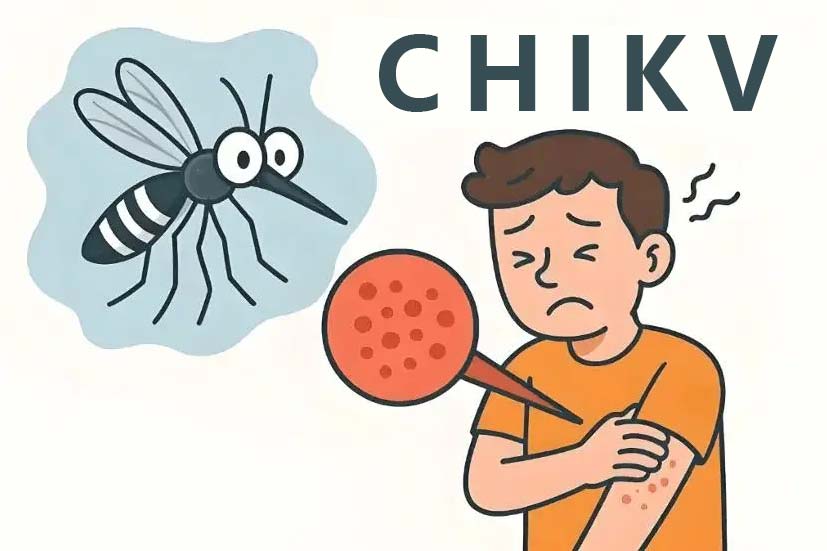◆ What is Vitamin K?
Vitamin K is a fat-soluble vitamin that exists naturally in two forms:
- K₁ (phylloquinone): Found in leafy green vegetables such as spinach and kale.
- K₂ (menadione): Partly synthesized by intestinal bacteria, it is also found in fermented foods such as natto and cheese.
Its most well-known function is aiding blood clotting, but recent studies have revealed that it is also crucial for bone and heart health.

◆ Vitamin K's Three Missions
- Blood Coagulation Commander: Vitamin K is essential for the synthesis of coagulation factors II, VII, IX, and X. Deficiency can lead to abnormal bleeding, such as bleeding gums and difficulty healing wounds.
- Bone Guardian: It activates osteocalcin (a bone protein), helping calcium to be deposited in bones. Long-term deficiency may increase the risk of osteoporosis.
- Vascular Cleaner: Vitamin K₂ can regulate calcium metabolism, reduce vascular calcification, and lower the risk of cardiovascular disease.
◆ Where does vitamin K come from?
- Major K₁ consumers: Dark green vegetables and fruits.
- K₂ sources: Fermented foods (such as natto and cheese), animal liver, egg yolks, etc.
Gut Support: Healthy intestinal flora can synthesize some K₂, but it must be combined with a balanced diet to fully benefit.

◆ Health Risks of Deficiency and Excess
- Harms of Deficiency: Predisposing to bleeding, osteoporosis, and vascular calcification.
- High-risk groups: Newborns (with sterile intestines), long-term antibiotic users, and those with fat malabsorption disorders.
- Risk of Excess: Natural vitamin K has extremely low toxicity, so there is no concern about its daily intake. However, excessive intake of synthetic forms of vitamin K may cause liver damage.
◆ Recommended Daily Intake:
- The recommended daily intake for adults is 80μg.
- Newborns need a vitamin K injection at birth to prevent bleeding disorders.
Tips:
- Adding oil to salads: Adding olive oil or nuts can improve the absorption of fat-soluble vitamin K.
- No need for blind supplementation: Healthy people generally do not need additional supplements unless a doctor diagnoses a deficiency.
- Special note: Those taking anticoagulants such as warfarin should maintain a stable vitamin K intake to avoid affecting their effectiveness.
Vitamin K acts like a "traffic policeman" in the body, directing calcium and clotting factors to perform their duties.
Eating more green leafy vegetables regularly will allow this "invisible helper" to continuously protect your health.

%20--%3e%3c!DOCTYPE%20svg%20PUBLIC%20'-//W3C//DTD%20SVG%201.1//EN'%20'http://www.w3.org/Graphics/SVG/1.1/DTD/svg11.dtd'%3e%3csvg%20version='1.1'%20id='图层_1'%20xmlns='http://www.w3.org/2000/svg'%20xmlns:xlink='http://www.w3.org/1999/xlink'%20x='0px'%20y='0px'%20width='256px'%20height='256px'%20viewBox='0%200%20256%20256'%20enable-background='new%200%200%20256%20256'%20xml:space='preserve'%3e%3cpath%20fill='%23FFFFFF'%20d='M194.597,24.009h35.292l-77.094,88.082l90.697,119.881h-71.021l-55.607-72.668L53.229,232.01H17.92%20l82.469-94.227L13.349,24.009h72.813l50.286,66.45l58.148-66.469V24.009z%20M182.217,210.889h19.566L75.538,44.014H54.583%20L182.217,210.889z'/%3e%3c/svg%3e)




